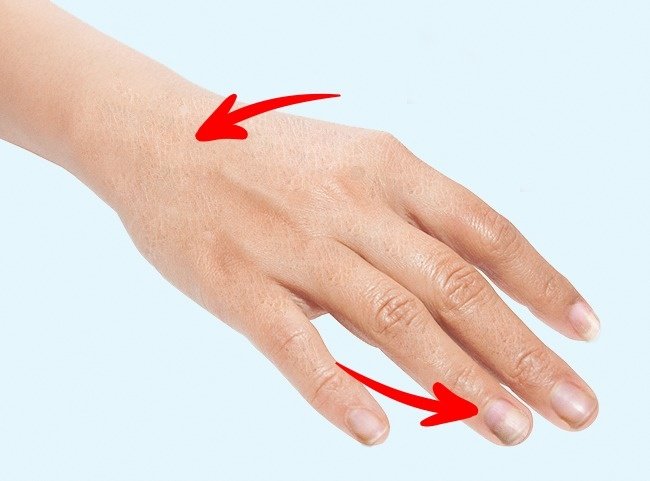The thyroid gland is responsible for producing the hormones that regulate your metabolism, body temperature, and pulse rate. If its work is disrupted, this can lead to severe consequences for your organs: the liver, the intestines, the kidneys, the reproductive system, the heart, and even the brain.
Today MUMY BEARpresents a list of symptoms that you mustn’t overlook if you want to avoid serious health problems!
Tiredness and irritability

Thyroid disease can affect your energy levels and mood. Hypothyroidism causes the feeling of tiredness and loss of strength, accompanied by frequent sleep problems and irritability.
Changes in heart rate

Thyroid hormones affect nearly every organ in the body and can alter the heart rate. People with freshly manifested thyroid gland disorder may notice the frequency of their heartbeats has become less than usual or, on the contrary, has greatly increased.
Dramatic weight loss or gain

A drastic weight change is one of the most common symptoms of thyroid disease. An increase or decrease in weight that occurs in a short period of time may imply too low or too high a level of thyroid hormones.
Dry skin and brittle nails

Dry itchy skin can be a sign of problems with the thyroid gland. Similarly, you should feel alarmed if your nails become brittle with conspicuous vertical lines appearing along the surface.
Body temperature regulation problems

Thyroid disease can impair your body’s ability to regulate its temperature. You may experience chills or, conversely, exhibit excessive sweating and aversion to heat.
Neck swelling

Swelling or enlargement of the neck area is a visible sign of problems with the thyroid gland. Be sure to pay attention to such symptoms!
Muscle pain and seizures

Hypothyroidism manifestations may include pains in different parts of the body. In most cases, these symptoms are associated with swelling of the muscles or a tumor that presses on the nerves.
How to check your thyroid function at home

Although this method of checking the thyroid is far from perfect, it is easy to do and completely harmless to your health. In the period between 22:00 and 00:00, take a 5% iodine solution and apply an iodine mesh on your wrists. In the morning, check whether the iodine is still there. If the mesh has disappeared, this is a sign of iodine deficiency.
The above-mentioned symptoms alone cannot form a basis for solid diagnosis since they are very similar to symptoms of certain other diseases. However, if you have any of them, you definitely shouldn’t ignore the situation — consult your doctor, and have a full checkup as soon as possible!
